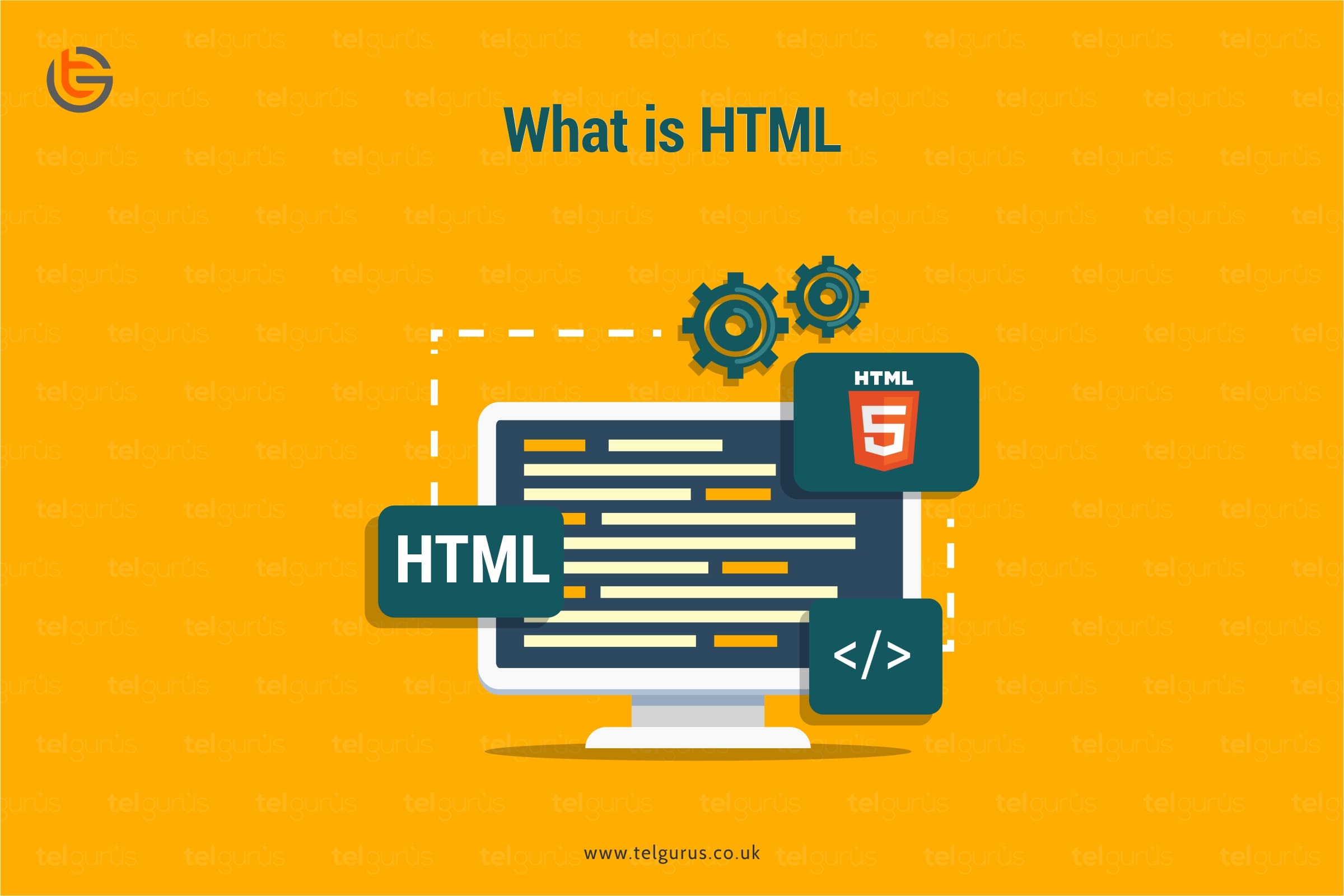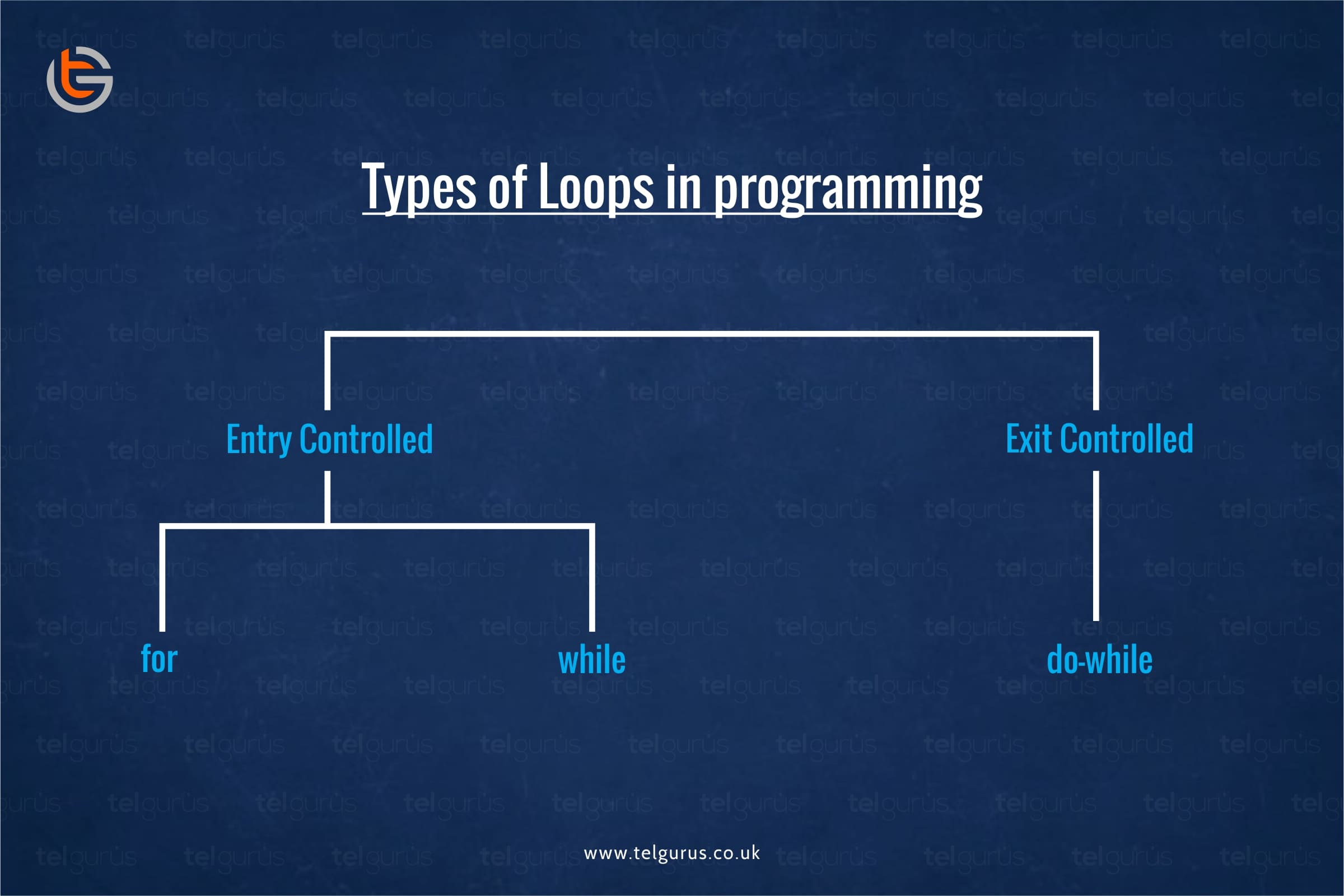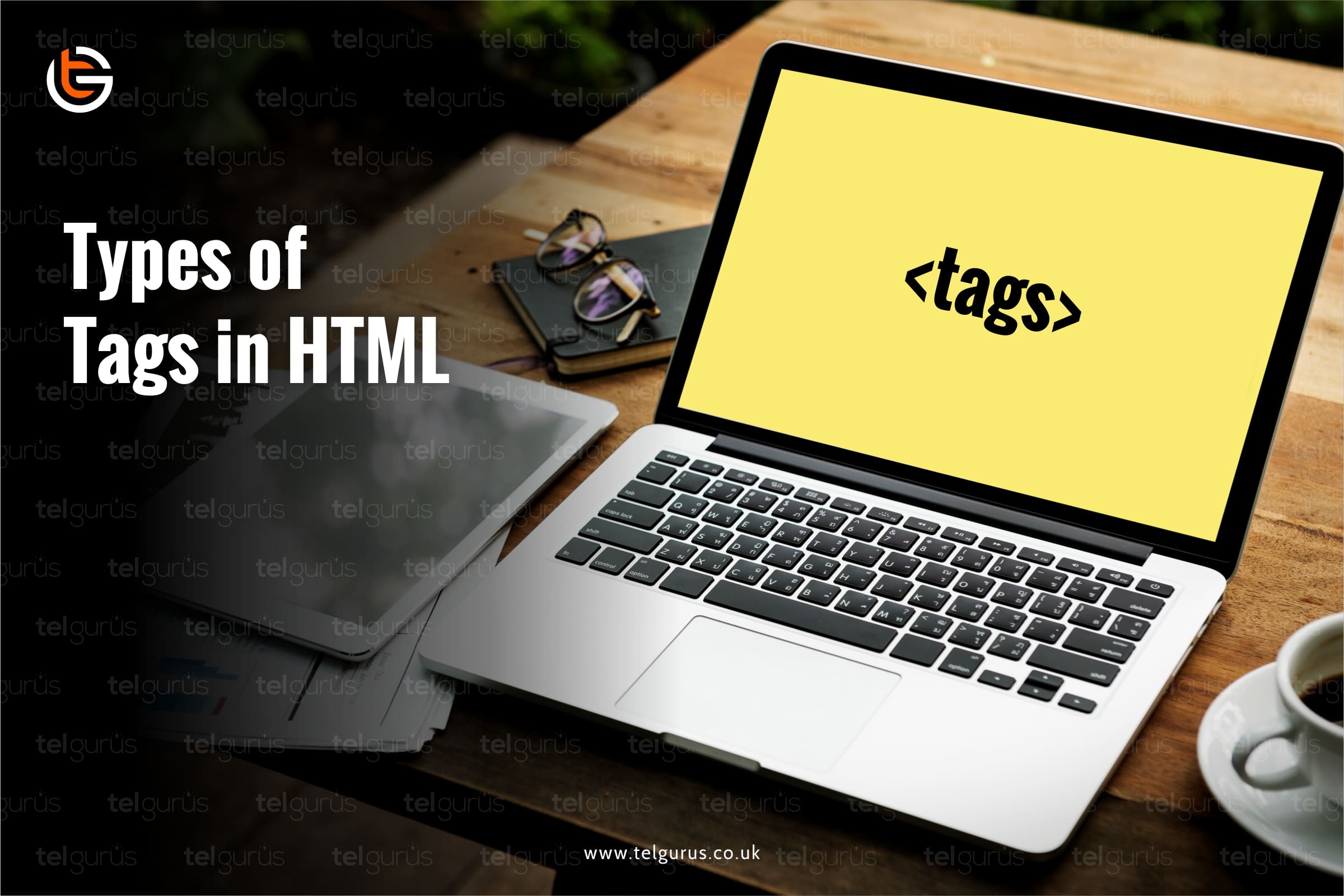Enrich your knowledge with our informative blogs
What is HTML?

HTML stands for Hyper Text Markup Language. It’s the language for designing websites and web pages.
This language comprises of a set of markup symbols or small pieces of codes that are inserted in the file. These markups are indented to control the presentation of a webpage on the browser.
Every website, be it social media, banking or music services are made by using HTML as the base language.
A deep peep into the code of the page will reveal the HTML Code written using the proper structures such as header, footer, body and other inline elements.
What is the purpose of HTML?
HTML is just another programming language that helps in describing the structure of the information that will be displayed on a web page.
There are three essential building blocks of any webpage: HTML, CSS and JavaScript.
While HTML gives the structure, CSS controls the appearance and JavaScript programming makes the web page dynamic by giving desired functionality.
In other words we can put that, HTML is the skeleton system, CSS is the skin and JavaScript is the brain.
People working on HTML and building websites are known as web developers or front-end developers.
Every markup element is written in angular brackets “<” for opening and “>” for closing. These are also known as tags. Most of these tags come in pairs, one to mark the beginning and one to mark the end.
History of HTML
HTML was first developed in 1990 by Tim Berners-Lee. It was used to develop electronic pages that were displayed on www (World Wide Web).
A webpage is connected to the other page using a hyperlink. The initial version was known as HTML 1.0.
Over the years, as the technology progressed, HTML kept on improving and became stronger and secure. HTML 5.0 is the latest version that is being used across the globe for standard web development projects.
HTML Explained
In a nutshell, HTML is the programming language that helps in creation of web pages. Thus, leading to website development.
The tags, elements and pneumonic used in HTML are very easy to comprehend as they follow very simple English. HTML continues to meet the ever changing needs and demand of the internet by following the protocols set by World Wide Web Consortium.
Hyper means that the language is not linear, it’s dynamic. This makes the user access the web page with the same appearance from anywhere across the world and from any browser.
Markup stands for the tags and elements that help in proper positioning of the text and images. For example you can use a <b> tag to make the text bold and <i> tag to change the text to italics.
How HTML Works?
HTML is just like short-codes that are typed and saved in a file with extension as .html or .htm. These tags empower the functionality of the HTML.
These tags and the text typed in an editor will look simple unless it is opened in a browser. It’s the browser that interprets and read the file and convert into a visible form, something that we see in a website.
To do the coding, you need to get an editor. There are many versions of editors available online. Grab a one and start your way to digital world.
HTML vs. XML
XML stands for Extensible Markup Language. Just like in HTML there are predefined tags, XML enables the user to define their own tags and markups.
Why learn HTML?
- Very easy to learn, use and implement.
- The language is Platform-independent.
- Can add audio, video, text etc to a webpage by using correct tags.
- Best way to enter digital world as it helps developing websites and is supported by all browsers.
- Great career opportunities and professional growth.
Read More – Coding and Programing Questions
View More – Useful links for Your Child’s Development

Unveil your gateway to a lucrative career!
Unleash the power of true logic building with Real-time instructions and live coding exposure.
Categories
Recent Posts
- List of the qualities you should look for in your tutors?
- What is the most useful formulas in math?
- Describe the process of eating to defecation of food?
- Difference between the natural and artificial active response by the immunology system.
- Explain the different circle theorems
- How are nerve cells adapted to their function?










